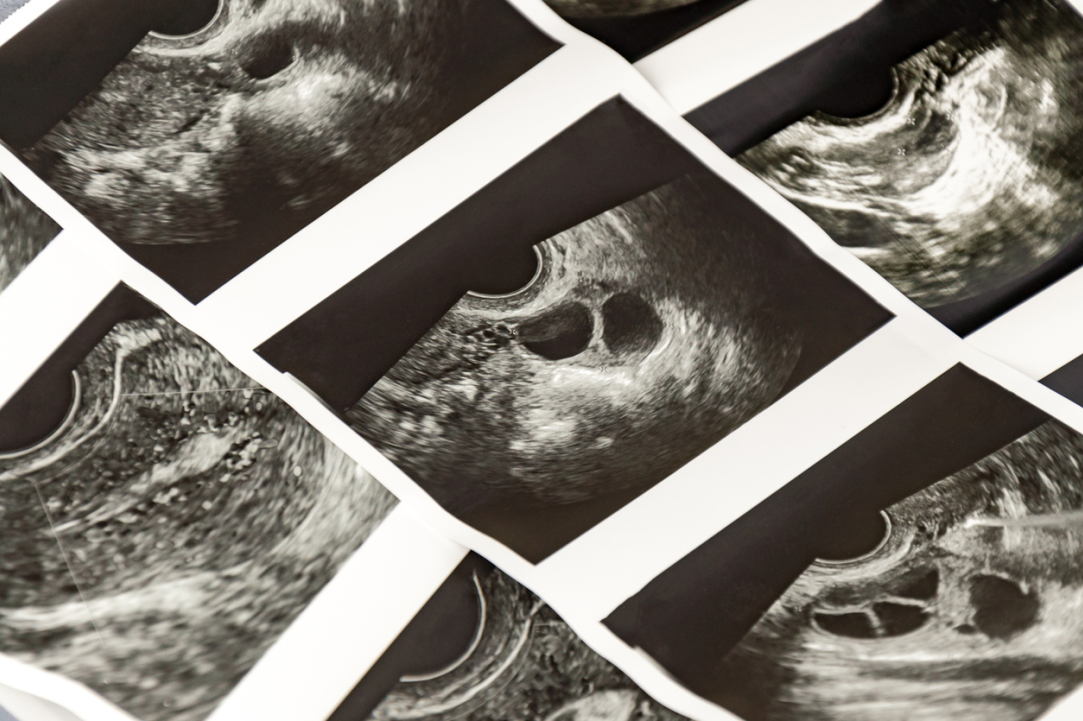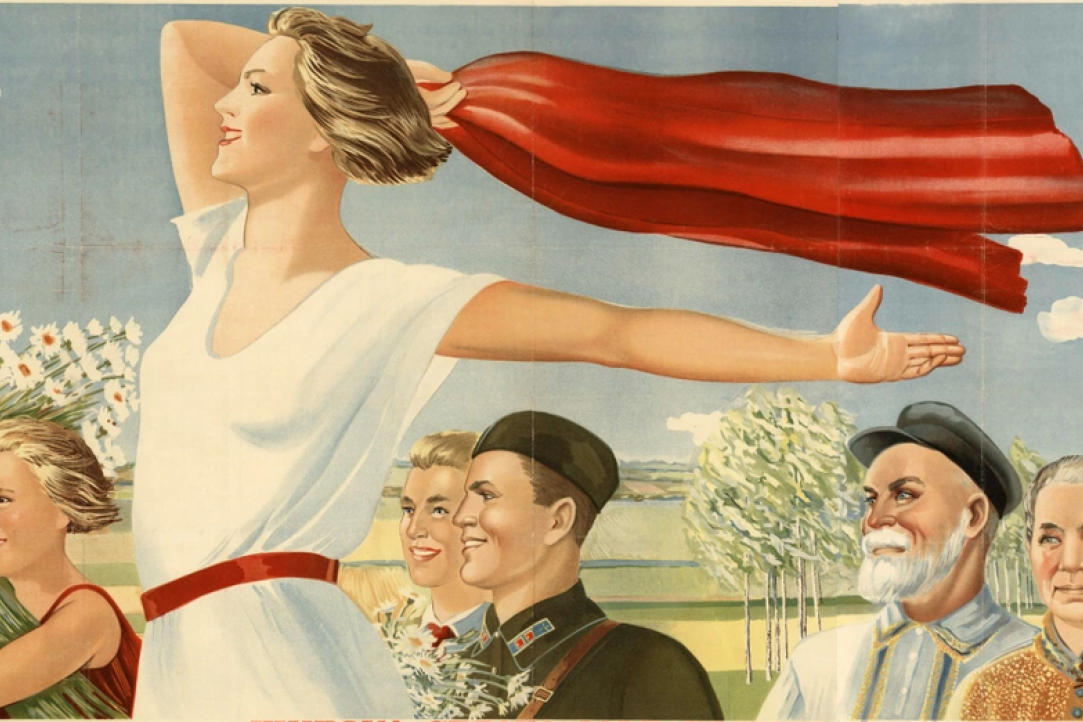Childlessness can be voluntary or involuntary, driven by a variety of reasons, such as wishing to live for oneself, choosing a career and self-actualisation over childbearing, financial struggles, fear of getting out of shape after childbirth, and many others. Some childless people find it important to be part of a like-minded group, while some others do not care. Indeed, the widespread notion of 'childfree' fails to cover the diversity of attitudes. Sociologist Ilya Lomakin argues for using the less politicised and more inclusive term of 'voluntarily childless'. Based on his study and the resulting report prepared for the HSE's XXI April International Academic Conference, IQ.HSE takes a closer look at people who decide not to procreate.


.jpg)







.jpg)

.jpg)







.jpg)